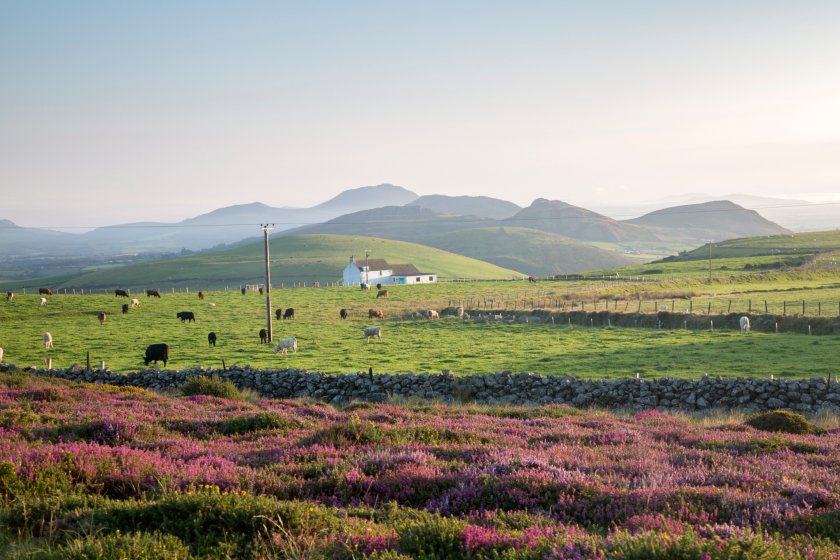
Candidates standing for the leadership of Welsh Labour have been told to 'urgently reset' the Welsh government’s relationship with farmers and the countryside.
Jeremy Miles and Vaughan Gething have been warned that there is a 'growing disconnect' between the Labour-led Welsh government and rural communities.
The two men are the only candidates fighting for the role of First Minister of Wales following the resignation of Mark Drakeford as leader of Welsh Labour.
His replacement - likely to be named First Minister after a Senedd vote - will take up the role in March following a ballot of party members.
However, campaigners at the Countryside Alliance, which has thousands of members in Wales, has warned there are "growing tensions" between Cardiff Bay and the countryside.
It comes after over 1,000 farmers met at Welshpool livestock market, in Powys, to object to Welsh government policies last Thursday (1 February).
Many farmers are concerned with future farming policy plans included in the post-Brexit Sustainable Farming Scheme (SFS), which will roll out next year.
Organisers said more than 1,000 people attended the mart to discuss proposed funding changes they believe will hit agriculture hard, with some warning of potential protests.
In response, the Countryside Alliance has called on farmers to sign an e-lobby, which sends an automatic email to both candidates, urging them to answer a number of questions about the future of rural Wales.
The e-lobby states: “Government policy seems increasingly driven by ideological agendas, whether attacking shooting and wildlife management or threatening to impose access to inland water.
"There seems a total disregard of existing rights, evidence and the harm that these policies cause to rural communities, wildlife and biodiversity”.
It adds: “As someone who lives and works in a rural community, I am keen to hear how you intend to bridge this gap. I would be interested in your response to my questions.
"How do you plan to stimulate economic growth in rural areas, ensuring sustainable livelihoods, and addressing challenges unique to the countryside such as bovine TB?
"How will you ensure that farmers and other land managers can feed the nation while promoting sustainable practices that support the environment and mitigate climate change?
"How will you support and strengthen rural communities, addressing social disparities, improving access to services, such as access to financial services, and promoting overall well-being for those living and working in the countryside?”
It follows an impact assessment, commissioned by the Welsh government, which concluded that the SFS risks reducing 122,000 livestock units.
Based on the potential economic effects of the previous 2022 outline proposals for the SFS, the modelling predicts a near 11% fall in livestock numbers.
Responding to the assessment, NFU Cymru warned it paints a 'shocking scenario' for the future of Welsh farming.
